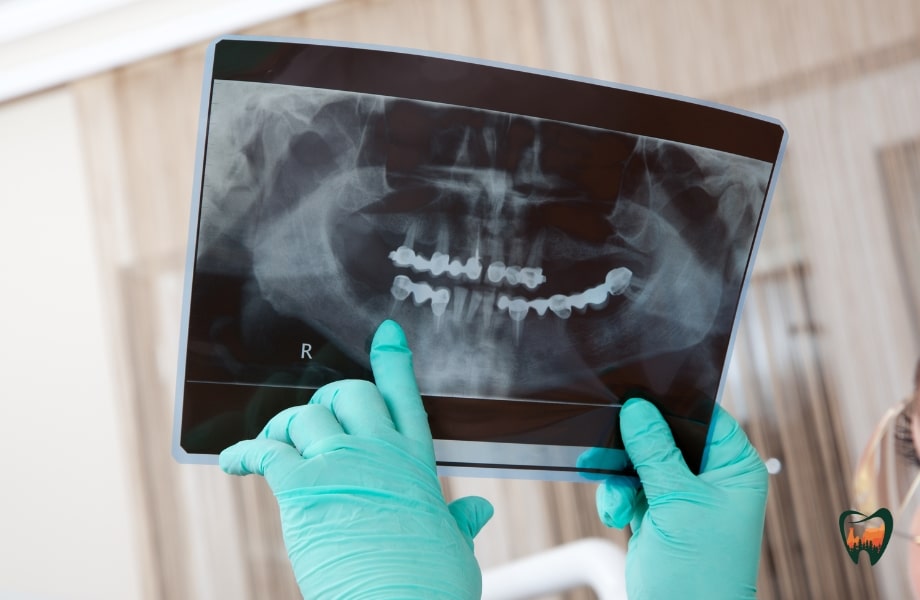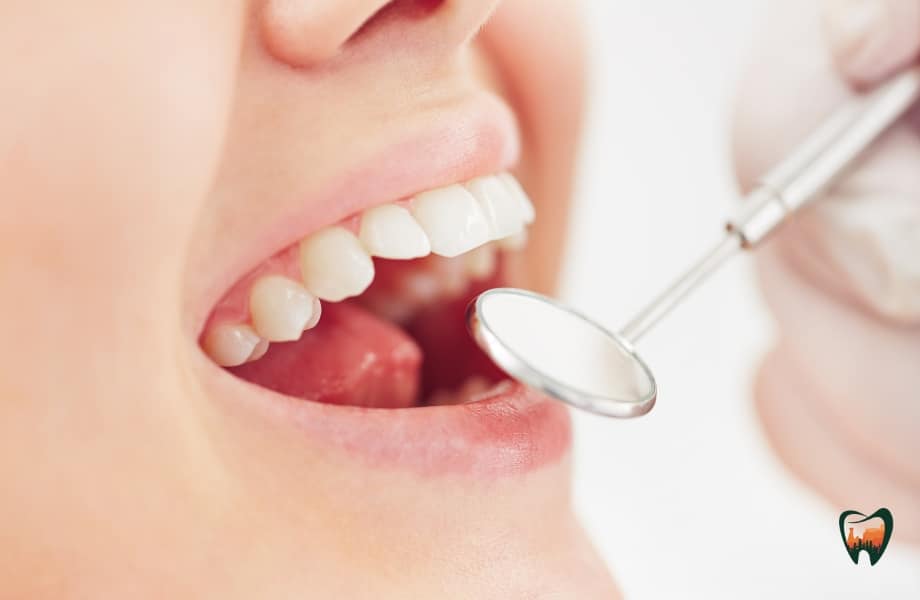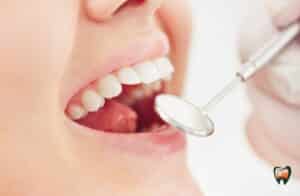What You Get From A Dental Cleaning

What You Get From A Dental Cleaning

Dental cleaning or prophylaxis is an essential preventive dental measure that helps keep your teeth and gums healthy and free from diseases such as cavities, gum disease, and bad breath. A regular dental cleaning appointment can help you maintain optimal dental health, improve your overall well-being, and save you from expensive dental treatments that may arise from poor oral care. In this blog post, we’ll discuss what you can expect from a dental cleaning, and why it is crucial for your dental health.
Removal of Plaque and Tartar
A dental cleaning removes plaque from your teeth. Plaque is a sticky and colorless film of bacteria that develops on your teeth after eating or drinking. Plaque hardens into tartar, also known as calculus, which can cause gum irritation, bad breath, cavities, and even tooth loss. Your dental hygienist will use special tools to remove tartar and plaque from your teeth as well as to polish them. Removing plaque and tartar reduces the risk of tooth decay and gum disease.
Preventing Bad Breath
The bacteria that produce plaque also cause bad breath. Your dental cleaning appointment will remove the bacteria responsible for bad breath, leaving you with fresh breath. The cleaning also helps you remove any built-up stains on your teeth, which can cause your teeth to look yellowed or discolored.
Early Detection of Dental Issues
A dental cleaning appointment is also a preventive measure to detect early dental problems. A skilled dental hygienist can identify cavities, gum disease, and oral cancer early, which can help prevent further damage and give you a better chance to treat the condition before it worsens. Your dentist in Grand Junction CO will also examine your mouth and look for any signs of oral diseases.
Personalized Oral Health Advice
During your cleaning, the hygienist will personalize oral health advice that is specific to your needs, including your brushing and flossing technique. The hygienist will demonstrate the most effective way to clean between your teeth, which is essential to eliminate bacteria and prevent gum disease, tooth decay, and bad breath.
Improved Overall Health
A dental cleaning has a substantial effect on your overall health. Poor oral hygiene leads to gum disease, which has been linked to an increased risk of systemic diseases such as heart disease, stroke, dementia, and diabetes. Regular dental cleanings and check-ups will significantly reduce the risk of these conditions.
Contact Us Today!
A dental cleaning has significant benefits that are essential to your oral and overall health. It helps to remove plaque and tartar, prevent bad breath, detect early dental issues, provide personalized oral health advice, and improve your overall health. Keeping your smile healthy and clean requires regular dental cleaning appointments. Don’t hesitate to book an appointment at High Desert Dental in Grand Junction CO, and our dental professionals will provide personalized oral health care and support.











